Interdepartmental Biological Sciences
-
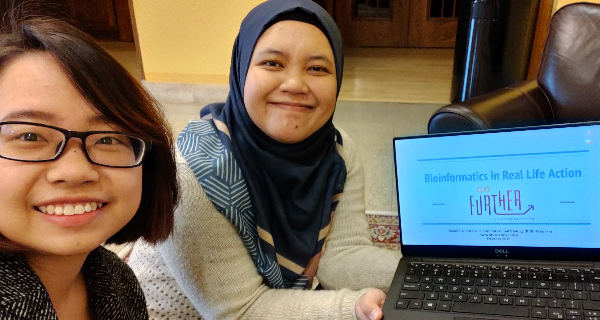
Bioinformatics and Computational Biology
Learn more about Bioinformatics and Computational BiologyIowa State University has been recognized as one of the top Bioinformatics and Computational Biology (BCB) PhD programs in the nation. The Iowa State University Bioinformatics and Computational Biology (BCB) Program offers Ph.D. training at the intersections of Biological, Computing and Information Sciences. BCB alums have achieved superior outcomes in the academic, industrial and public sectors. The BCB Graduate program is one of the first Bioinformatics and Computational Biology PhD programs in the United States.
-
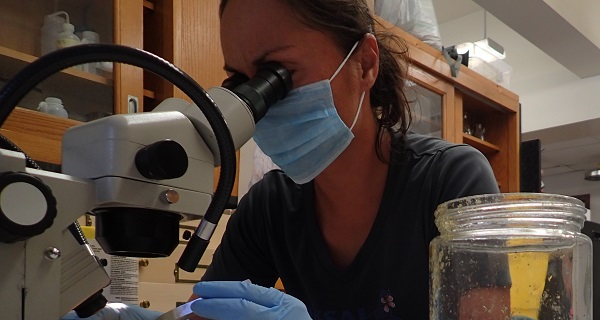
Ecology and Evolutionary Biology
Learn more about Ecology and Evolutionary BiologyThe EEB graduate program is designed for students interested in the study of mechanisms controlling the composition, structure, and functional processes of ecological systems, rates of evolutionary change within and among species, and the mechanisms that regulate the pattern and rate of evolutionary change within and among species. Interdisciplinary program explores biological and patterns that transcend traditional levels or organization (from molecules to ecosystems, populations to the biosphere), and that occur at contemporary, generational, and geologic timescales. Students conduct research with internationally recognized faculty and receive top training in their field.
-
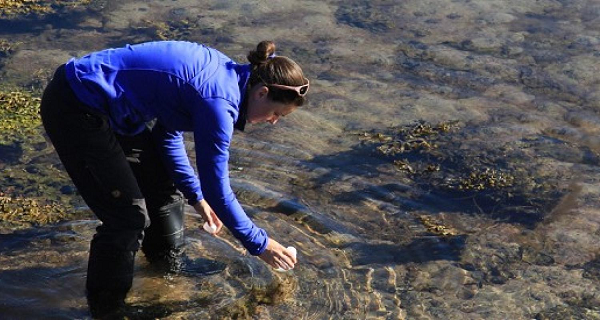
Environmental Science
Learn more about Environmental ScienceThere is strong world demand for scientists, technologists, and engineers with multi-disciplinary training to confront the need for a healthy environment as the global human ecological footprint expands. Whether you are already part of the expanding world of environmental science or are thinking of steering your career toward this exciting, interdisciplinary field, this program will serve your needs. Students receive top scientific training and diverse professional development opportunities from internationally recognized faculty in world-class facilities.
-

Genetics and Genomics
Learn more about Genetics and GenomicsThe IGG graduate program trains students to become the next generation of geneticists in basic and applied science careers. PhD and MS programs include comprehensive curriculum and research with a faculty mentor from among fourteen participating departments. Students leverage theoretical and experimental genetics approaches to address grand challenges in biology and biotechnology related to agriculture, medicine, and other areas.
-
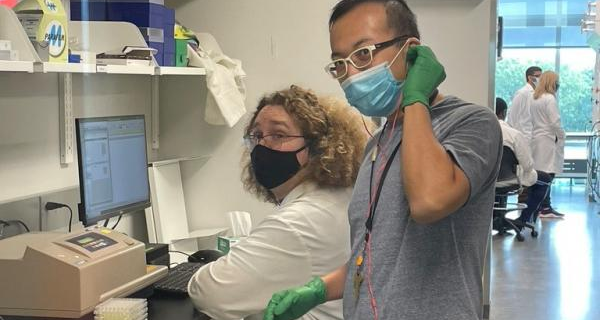
Immunobiology
Learn more about ImmunobiologyAn interdepartmental major that nucleates faculty and graduate students in four colleges and ten departments, as well as scientists in nearby government laboratories and health sciences institutes. These circumstances allow you to receive graduate training tailored specifically to your interests and provides opportunities to conduct research in topics ranging from basic to applied immunology.
-

Microbiology
Learn more about MicrobiologyA large number of University departments and affiliated national laboratories in Ames participate, bringing together faculty with expertise in biochemistry, ecology, genetics and molecular biology, biogeochemistry, biorenewables, food safety and security, veterinary microbiology, medical microbiology, plant pathology, virology, entomology, immunology, parasitology, mycology, and microbial genomics, among others.
-
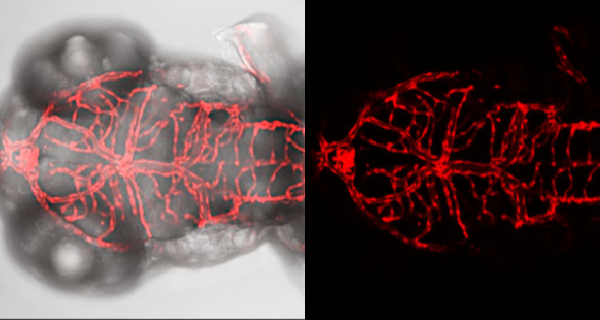
Molecular, Cellular and Developmental Biology
Learn more about Molecular, Cellular and Developmental BiologyA cross-disciplinary program united by investigation into the mechanisms of life processes. MCDB offers a foundation in rigorous curriculum and focuses on individual research. Students train under the guidance of expert faculty investigating diverse topics in molecular, cellular and developmental biology. Students also have opportunities to practice teaching, writing grant proposals, and presenting their research.
-
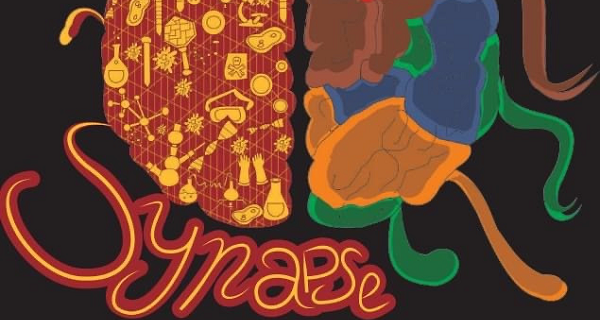
Neuroscience
Learn more about NeuroscienceThe Neuroscience Program provides expertise from diverse faculty to provide flexibility in choice of a research project and major professor. Other activities and organizations in the program bring faculty and students together to provide opportunities for personal and professional interaction. These interactions are central to our goals, which are to provide broad and robust graduate student training while stimulating excellence in Neuroscience research.
-
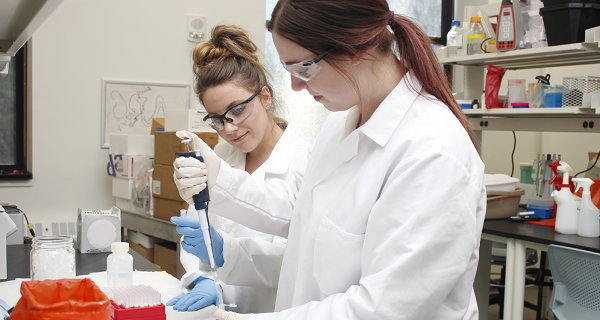
Nutritional Sciences
Learn more about Nutritional SciencesThe overall health and well-being of both humans and animals is strongly influenced by diet. The Interdepartmental Graduate Program in Nutritional Sciences (IGPNS) integrates information from across 10 disciplines to give students a well-rounded understanding of nutrition and its application; providing the structure for coordinating and enhancing interdisciplinary nutrition research and graduate education.
-

Plant Biology
Learn more about Plant BiologyInterdepartmental Plant Biology (IPB), educates scientists in basic plant biology, including but not limiting to plant molecular biology, plant cell biology, plant biochemistry and physiology, and plant organismal biology and provides training in the most state-of-the-art methods and technologies. Graduate study in IPB, leading to the M.S. and Ph.D. degrees, involve advanced classes and intensive laboratory experience.
-

Toxicology
Learn more about ToxicologyThe Interdepartmental Toxicology Program is designed for students who are interested in the effect of toxin and toxicant exposures on humans, animals and the environment. Toxicology students rotate through three research laboratories during their first year, while also navigating foundational coursework to create a strong breadth of knowledge in toxicology. Graduates of the program typically work in industry, government or academia.